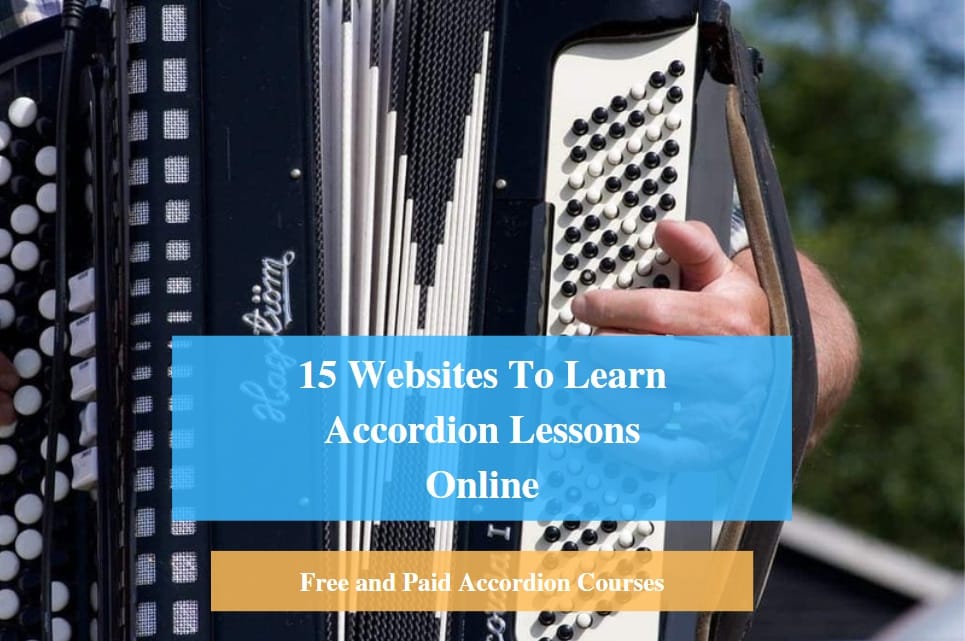

So learning melodies often means learning the chords first, then applying the melody, remembering to change rows and directions where necessary, and learning to fake the passages where you can't quite match chord and note. And then, there are some notes that can only be played in one location/direction, so they sometimes render it impossible to play the bass/chord you want. and those options dictate which chords you can produce with your left hand. There are often multiple ways to play a single note on the right hand: one on the push, and one on the pull. When you're playing a two or three-row diatonic, arranging or interpreting tunes has a puzzle-like quality - which is great fun, but not NOT easy. If you want a certain note, you not only have to know where it's located, but whether to push or pull the bellows. I'd argue that diatonic instruments are more difficult. So, hope that helps, tell us what you fancy playing, and we can provide more info.Ĭlick to expand.I'm reading between the lines a bit, but it sounds like there's another question here: "is a diatonic easier?"Ī resounding no to that. It helps to shop with someone knowledgeable and trusted. There are many brands and configurations available, and a good used one is often better than a not so good new one at the same price. (It's unclear whether you have decided on the diatonic as opposed to the chromatic, please forgive me if you have already made this decision.)Īs far as choice of instrument, the most important thing is to find one in really good shape that sounds good to you.

It also generally has more basses available and is often more expensive. The chromatic button accordion will give the same note in either direction, and allows playing in more keys, and with more ornamentaion. The diatonic accordion will give you a different sound per button, depending whether you are opening or closing the bellows.

The 3 row diatonic button accordion (also called melodeon, concertina, organetto, depending where you live) is a fine instrument, suitable for playing in a limited number of keys, and often preferred by traditional (folk) music players. Welcome Denny! It really depends on your goals, and maybe even more specifically what kind of music you want to play.


 0 kommentar(er)
0 kommentar(er)
